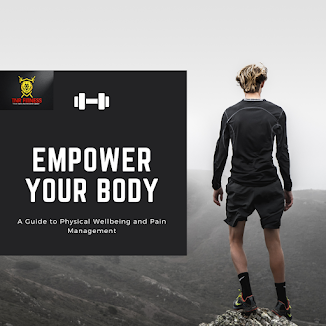How Your Ego and Nutrition Could Be Holding You Back from Your Fitness and Life Goals

When it comes to reaching your fitness and life goals, two of the biggest obstacles are often invisible but powerful: your ego and your nutrition. These two factors can either fuel your success or sabotage your progress. Let’s explore how failing to keep your ego and nutrition in check could be the reason you’re stuck—and how to overcome these barriers. The Problem with Ego in Fitness and Life Your ego is the voice that tells you to lift heavier than you should, to skip asking for help, or to pretend you know it all when you don’t. While confidence is essential for success, an unchecked ego can lead to: Overtraining and Injuries Trying to lift beyond your capacity to “prove” something can lead to injuries that derail your progress for weeks or months. Whether it’s in the gym or life, biting off more than you can chew often leads to setbacks. Ignoring Expert Advice Ego may convince you that you don’t need guidance, even when a coach or mentor could help you avoid mistak...

.png)






